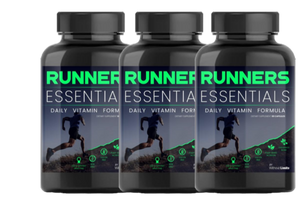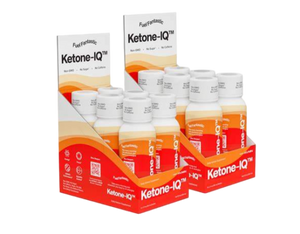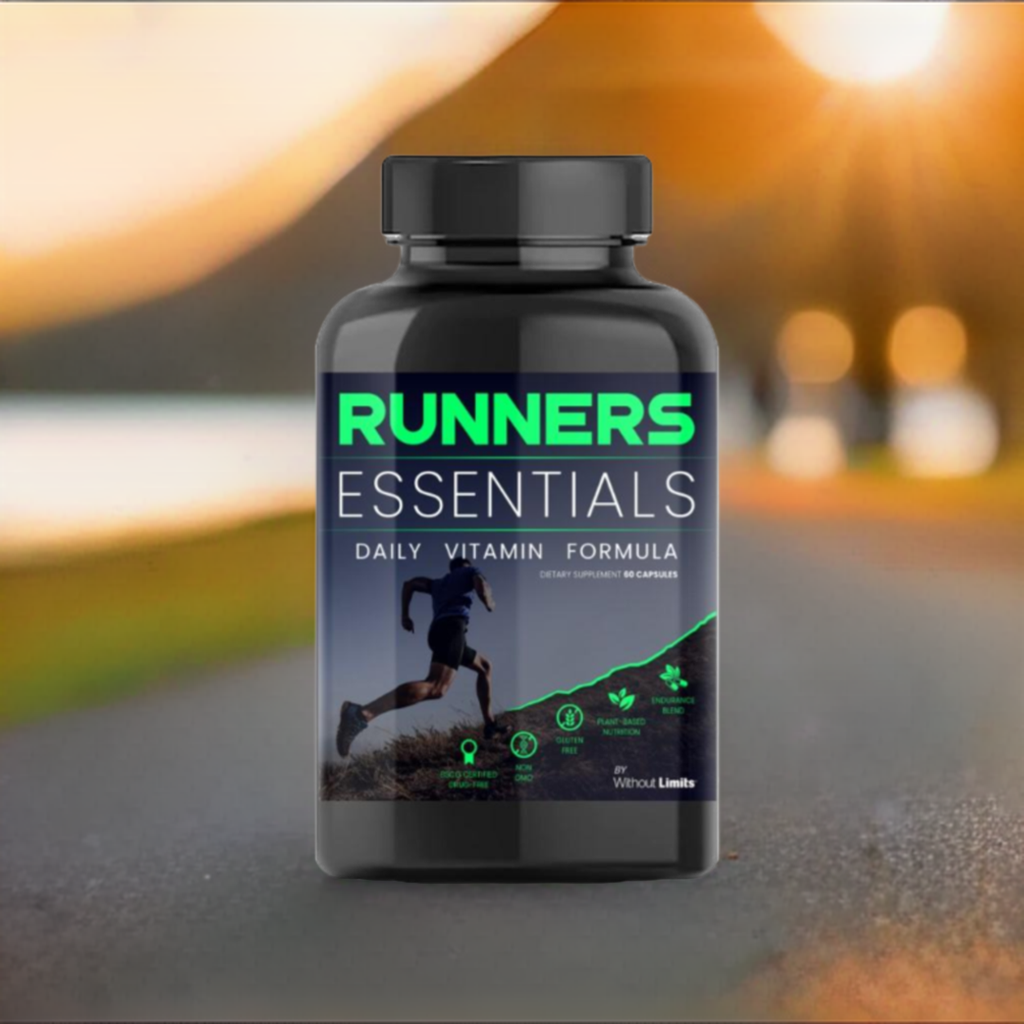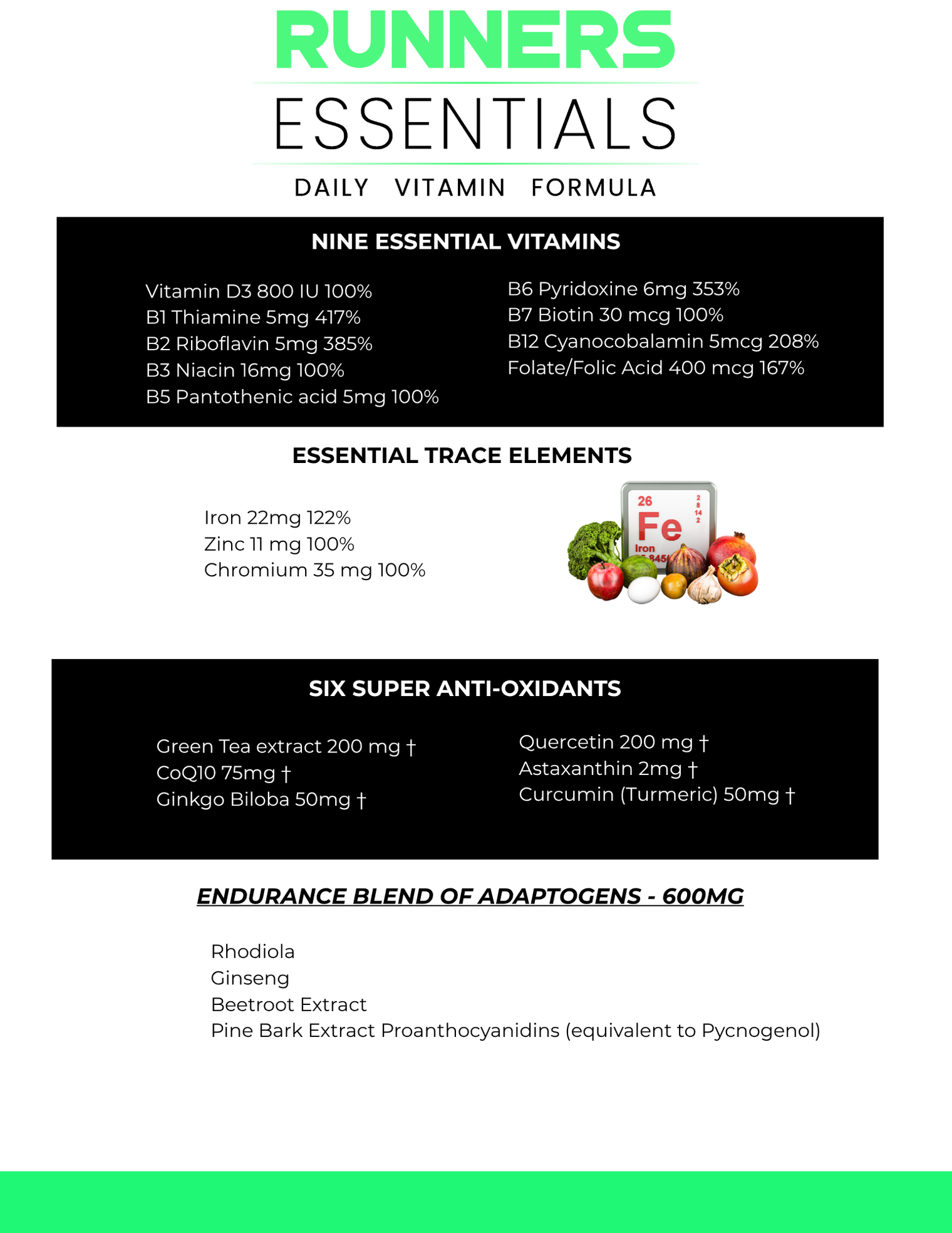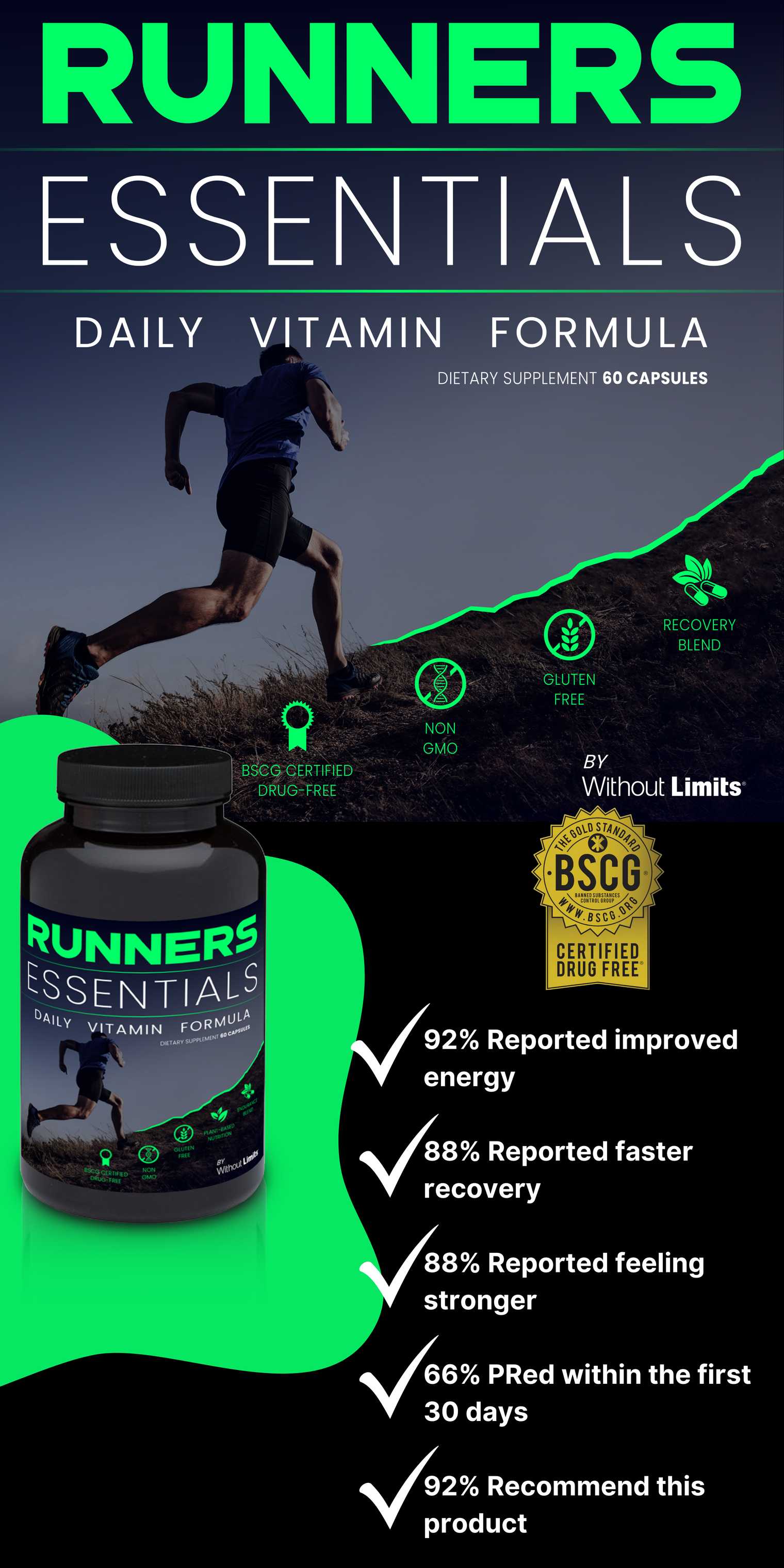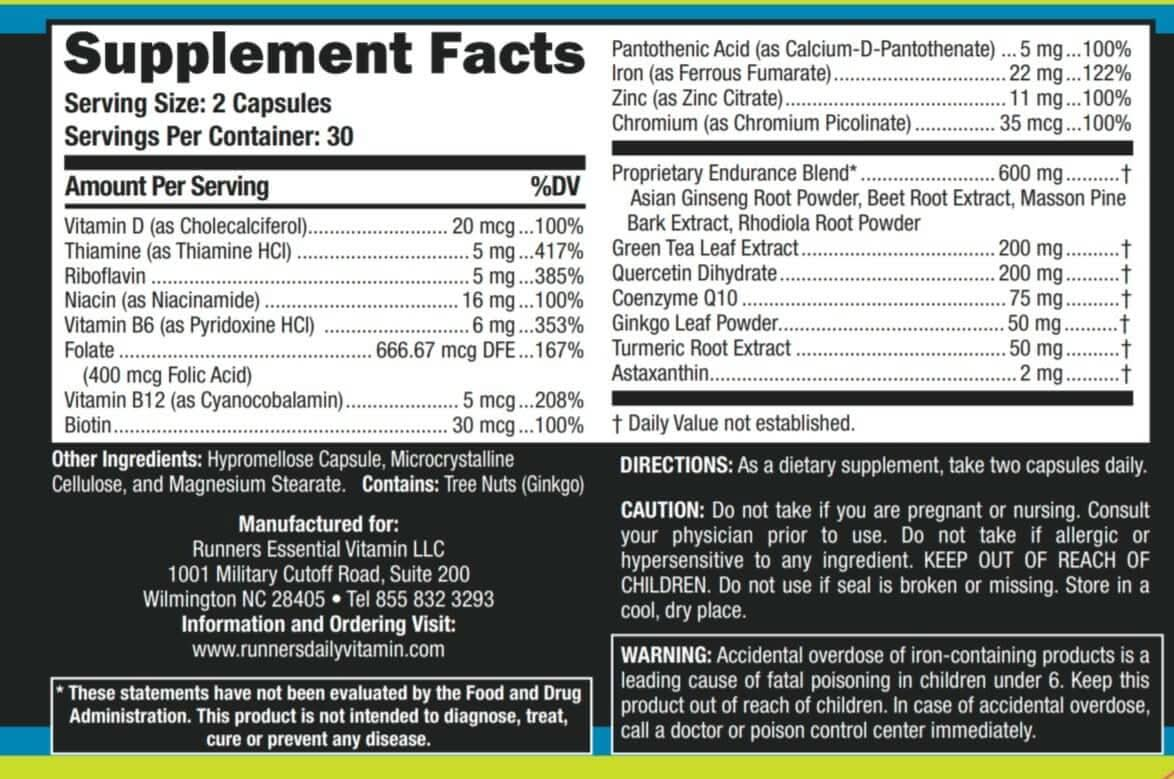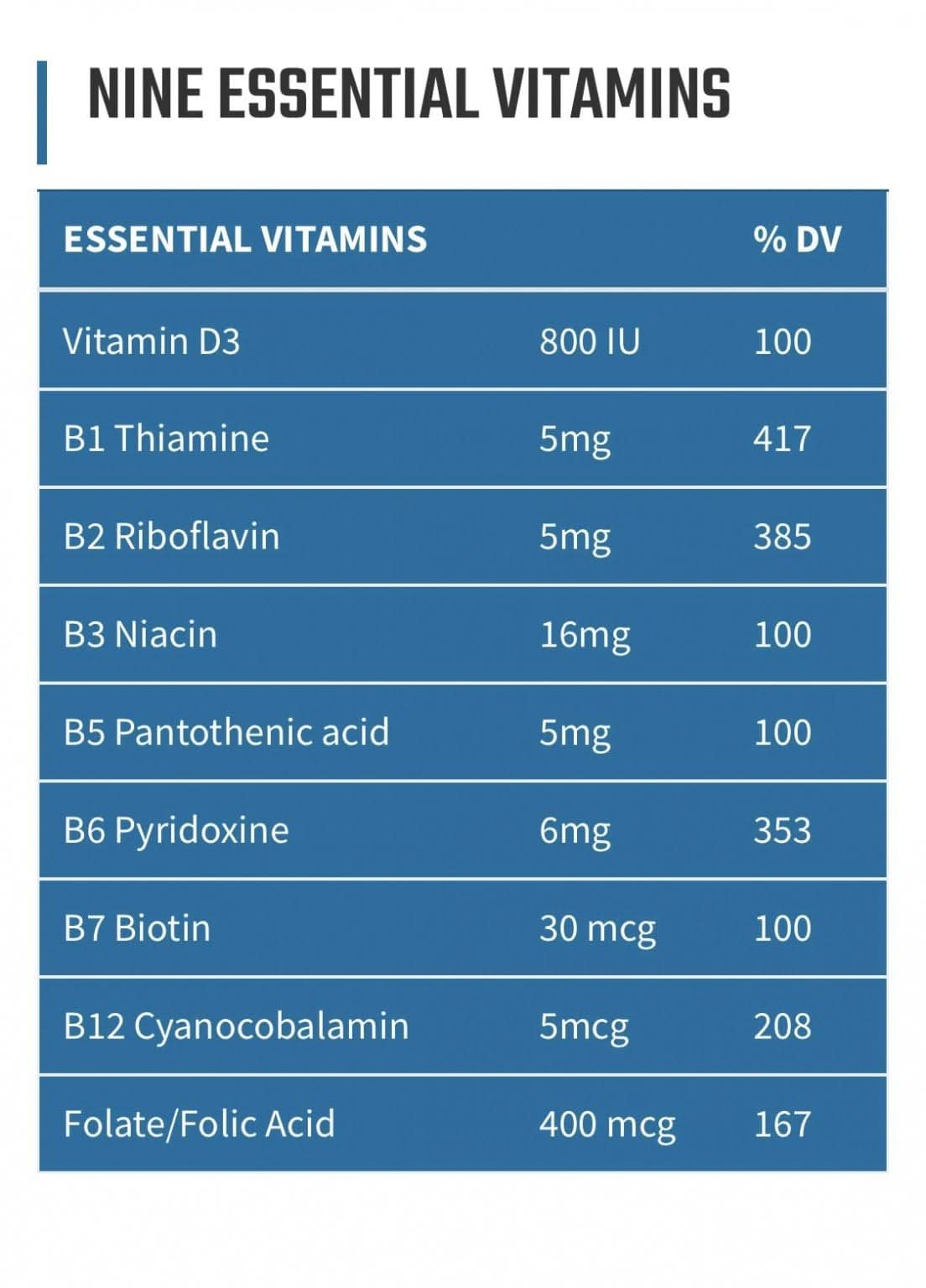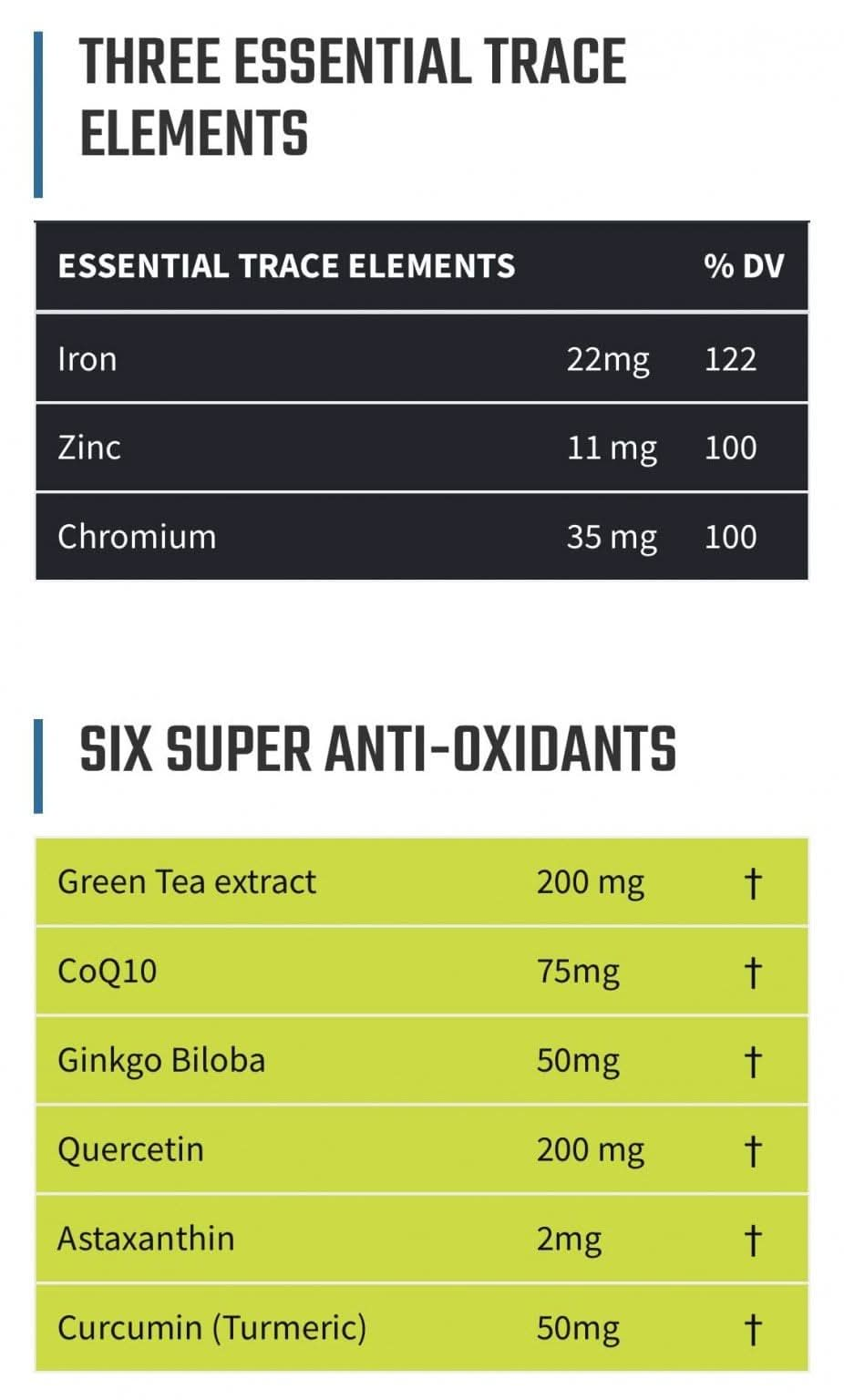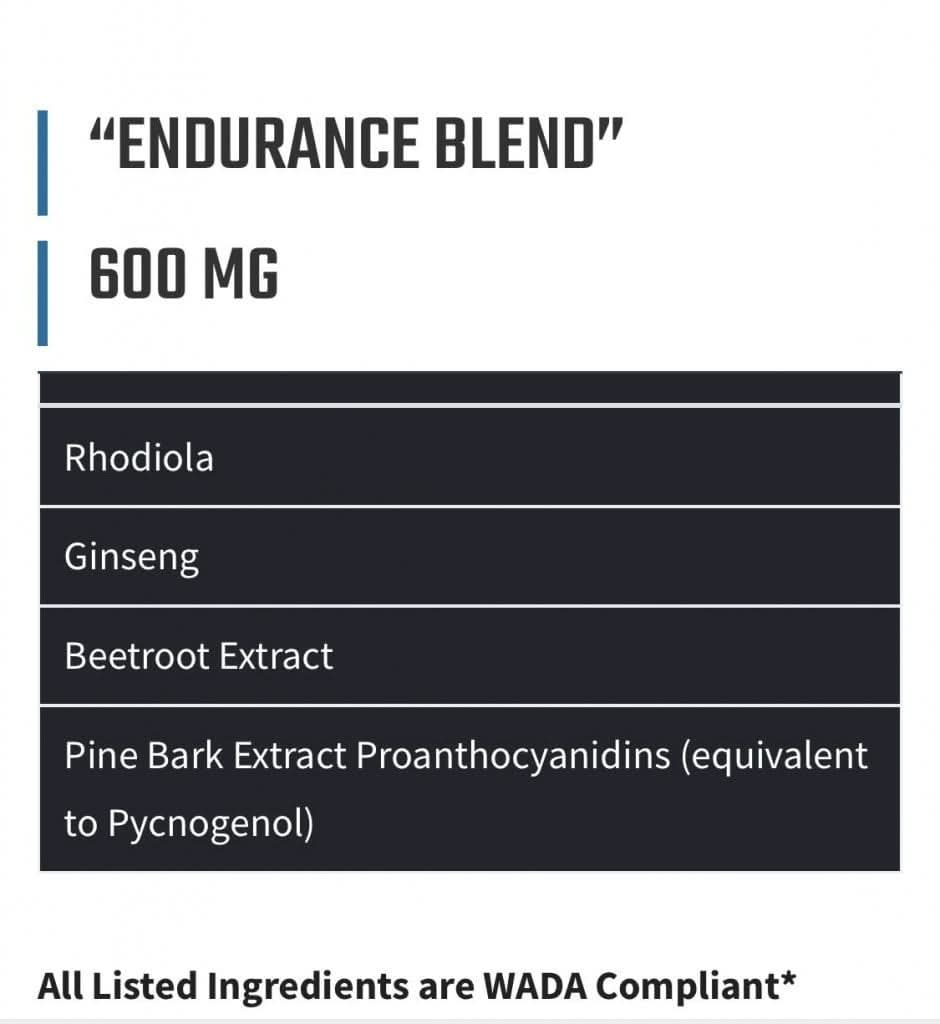Since your body can not produce these amino acids, it's important to get them either from your diet or through supplementation.
In recent years, BCAAs have become increasingly popular supplements, particularly among athletes and exercisers aiming to build muscle. Here's what you need to know about how they work, and their science-backed benefits.
What are BCAAs?
Of the 20 amino acids your body uses to synthesize proteins, there are nine essential amino acids that it cannot make by itself. Three of these, which are grouped together, are known as BCAAs.
According to John Fawkes, an NSCA-certified personal trainer and Precision Nutrition-certified nutritional counselor, BCAAs are present in a number of different foods, including:
- Chicken
- Eggs
- Fish, like tuna and salmon
- Turkey
- Cottage cheese
BCAAs are also available in supplement form as both pills and powders, which can be purchased at a variety of health, wellness, and vitamin retailers.
In addition to pure BCAA supplements, you can also find them incorporated into many pre- and post-workout supplement blends.
Repair, replenish and recover with targeted nutrition:
Runners Essentials LONG RUN RECOVERY Nutritional Shake
- A Synergistic Combination of Protein | Branch Chain Amino Acids | Carbohydrates | Antioxidants | Electrolytes | Vitamins and Minerals | Powerful Adaptogenic Micronutrients
- Proprietary Formula Based on Real Science to Optimize Long Run Recovery
- BSCG Certified Drug Free® | Non GMO | Gluten Free

RUN. RECOVER. REPEAT. >>
Below are some of the most well-known benefits of BCAAs:
1. Decrease muscle soreness
Experts say that BCAAs can help reduce muscle soreness and accelerate recovery by decreasing the rate of muscle breakdown and boosting how quickly muscles can repair themselves.
One small 2012 study found BCAA supplementation reduced muscle soreness after a strenuous workout when compared to a placebo. In another small 2013 study, female subjects who were given BCAA supplements rated their muscle soreness levels up to 33% lower than those given a placebo.
However, it's important to note that a 2019 meta-analysis concluded that research on how BCAAs can affect muscle soreness has revealed "inconsistent" results.
"It's not clear if BCAAs alone are effective, or protein, in general, can have the same effect," says Brad Dieter, PhD a NASM-certified nutrition coach, exercise physiologist, and Chief Scientific Advisor at Outplay Inc.
2. Reduce fatigue
BCAAs may also fight exercise-related fatigue. They do so in two ways:
- By reducing the rate at which your brain takes up tryptophan, an amino acid that may play a role in fatigue during exercise.
- By lowering levels of serotonin — a neurotransmitter that has been linked to fatigue during exercise. A small 2013 study of college-age males indicated that participants who took 20 grams of BCAAs before a treadmill workout had lower levels of serotonin after the workout compared to those who took a placebo.
3. Support muscle growth
BCAAs have also been associated with muscle growth due to one particular amino acid: leucine.
"Think of leucine as the one responsible for turning the switch on to produce more proteins that will lead to muscle tissue repair and growth," says Andres Ayesta, RDN, a certified strength and conditioning coach who founded Planos Nutrition.
This may help to explain why a 2014 review found BCAA supplements with a higher proportion of leucine may improve body composition by increasing muscle mass. However, researchers concluded that the "methodology and quality of studies were too varied to draw any firm conclusion." And, another small 2013 study couldn't find any link between BCAA supplementation and improvements in body composition.
4. Promote weight loss
According to Fawkes, BCAAs increase muscle mass, and the more muscle you have, the more calories you burn due to an increased metabolic rate.
In one small 2009 study, strength-trained males who took 14 grams of BCAAs per day lost 1% more body fat and gained 4.4 additional pounds of muscle than those given whey protein. However, researchers provided no information about the participants' diets, which could have impacted the outcomes.
Meanwhile, a small 2013 study found male subjects who took BCAA supplements before and after exercise did not experience any more fat loss than those who took a placebo.
5. Reduce issues relating to liver disease
According to Dieter, BCAAs may also help improve how people with liver diseases are able to process proteins. Liver disease can disrupt how the body metabolizes proteins, often leading to a protein deficiency.
A 2011 review found BCAA supplementation improves the prognosis and quality of life in patients with liver cirrhosis. One particular complication of liver disease that BCAAs are believed to alleviate is hepatic encephalopathy (HE), a deterioration of brain function that can cause confusion and loss of consciousness.
Additionally, a 2014 meta-analysis found BCAAs improved liver function and reduced the severity of HE as well as the duration of the hospital stay for patients undergoing liver surgery. However, another 2014 review of nine studies indicated BCAAs did not lower the risk of other complications (like gastric bleeding) or improve the overall survival rate.
How to use BCAAs
Experts agree that most people do not need to take BCAAs as long as they maintain a well-rounded diet. However, those on a strictly plant-based diet may benefit from taking BCAAs.
Ayesta suggests finding a supplement containing all nine essential amino acids instead of just BCAAs. The dosage should be based on what's recommended by the manufacturer and/or your healthcare provider.
According to Fawkes, there's limited research on the optimal time to take BCAAs — some opt to incorporate them into a pre-workout regimen to fuel their performance, while others prefer to take them after in hopes of supporting muscle recovery.
However, one small 2018 study found men who took a BCAA supplement before an arm strength exercise experienced less muscle soreness and lower blood markers of muscle damage after the exercise was over than those who took the supplement after.
Takeaway
BCAAs may support weight loss and muscle growth while reducing fatigue, muscle soreness, and complications of liver disease.
There's no evidence that BCAA supplements are any more beneficial than getting these amino acids from your diet. Therefore, BCAA supplements may be best suited to those prone to nutritional deficiencies, such as vegans and endurance athletes.
RELATED
- Long Run Recovery – A Dietitian’s Perspective
- Are All Recovery Shakes Created Equally? Part Five: Electrolytes - “SWEAT LIFE”
- Are All Recovery Shakes Created Equally? Part Four: Tart Cherry
- Are All Recovery Shakes Created Equally? Part Three: Branched Chain Amino Acids: Leucine, Isoleucine and Valine
- Are All Recovery Shakes Created Equally? Part Two: Carbohydrates - One Lump of Sugar or Two?
- Are All Recovery Shakes Created Equally? Part One: Which Protein? Flora or Fauna
